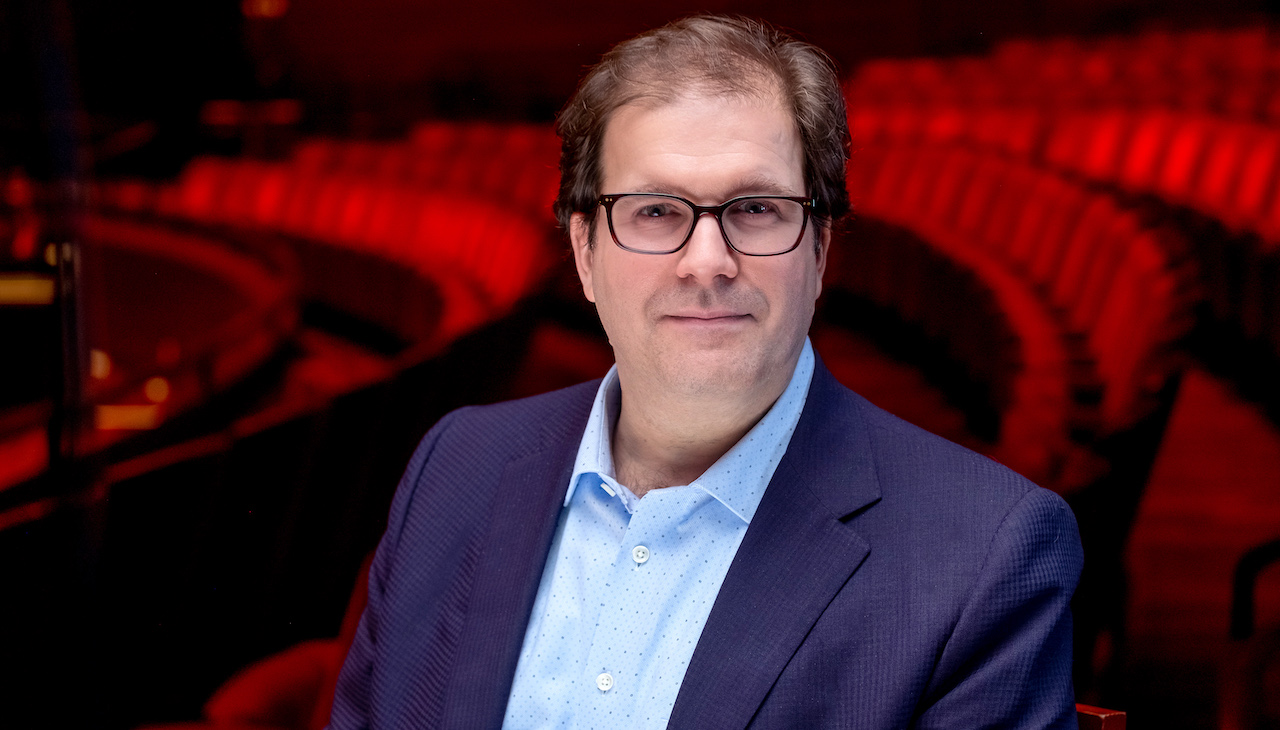
"The arts are ever more urgent." Matías Tarnopolsky's message to kick off 2023 at The Philadelphia Orchestra and Kimmel Cultural Campus
Matías Tarnopolsky’s diverse upbringing was defined by the arts, and he’s bridging the same gaps in a post-COVID Philadelphia.
Matías Tarnopolsky grew up in London, England, but to him, it might as well have been his and his parents’ native Buenos Aires, Argentina.
That’s where Tarnopolsky was born in 1970 before his parents moved to South London to further pursue studies in medicine and music when Matías was just two years old. They would later move to North London.
Don’t get it wrong, London was still London — maybe not the cosmopolitan center of the world it is today back then, but it was still one of the major centers of cultural fusion on the entire planet.
“It was fabulous,” Tarnopolsky reminisced in a recent interview with AL DÍA, and was the incubator for his career in music, which now has roots firmly planted in Philadelphia.
Family and coffee
But back in 1970s London, Matías’ small piece of the cultural pie traced its origins to the Argentine capital where his parents grew up.
“For all intents and purposes, outwardly I would appear like a very normal British kid,” he said, but that never overshadowed inside the home, which was all in Spanish and emphasized family as the center of everything.
Beyond the language, there was an instilled love of learning and literature, food, and of course coffee. Buenos Aires is known worldwide for its many corner coffee shops and they’re a part of Argentina’s culture that were ingrained in Tarnopolsky even in the cold, rainy streets of London.
“It’s not the transaction,” he said of visiting a coffee shop in Buenos Aires, “it’s that you sit, and you talk, and you have a bite to eat.”
In other words, it breeds a human connection that is becoming harder and harder to find in a COVID-influenced world of virtual meetings and isolation.
Tarnopolsky was also influenced his grandparents, who often visited from Argentina. His grandfather was part of the Zionist Movement in the country during the 40s and 50s — making Judaism another major part of his upbringing.
Matías’ father was a psychiatrist, and mother, a pianist. Both their careers would also shape Tarnopolsky.
The seed of music
His mother’s career specifically is what planted the seeds of a potential career in music. Growing up, he can remember the piano numbers his mom would practice daily in her studio next to the family’s kitchen as she rose from student to teacher and then as a successful performing artist.
“That was the soundtrack to our family home,” Tarnopolsky said of his mother’s practice sessions.
Those seeds were watered throughout his childhood, as his parents also took him to the many world-renowned venues of London for performances. Some of those “defining memories,” as he called them include seeing Sir Kenneth MacMillan’s Royal Ballet rendition of Sergei Prokofiev’s Romeo and Juliet, the American masterpiece Guys and Dolls at the National Theatre, and the Berlin Philharmonic, to name a few.
“I got to hear and see the great performing artists, whether in music or dance, or theater,” said Tarnopolsky. “That was always part of my life.”
But those seeds didn’t sprout into career aspirations until Matías first saw the BBC Proms in 1981. It is one of the most important Summer events for classical music in the world and lasts two months, with concerts held predominantly in Central London’s Royal Albert Hall along with other indoor and outdoor venues across the United Kingdon. The lineups also regularly feature the best orchestra and performing arts companies in the world.
“I was so transfixed by the beauty and emotion of hearing a great orchestra and a great conductor play a great piece of music,” said Tarnopolsky of his first impressions as a 16-year-old. “I don’t care what I do with my life, as long as I’m part of sharing this experience with as many people as possible.”
When it came time to go to college, Tarnopolsky initially wanted to pursue science like his father, but he took a year off to dive deep into music, and found it’s what truly “filled his heart and soul, in addition to being an intellectual passion.”
He went to Kings College, where he graduated after five years with an undergraduate and graduate degree, both in music.
Encouragement, mentorship and innovation
His first job in the industry also came via an internship in his graduate year, which saw Tarnopolsky advise on music for a religious broadcast division of BBC Radio. In addition to starting what would turn into a five-year stint at the BBC, Tarnopolsky also began dabbling in music production.
In those five years, he rose in the ranks, achieved his childhood dream of sharing the magic of BBC Proms as an assistant editor, and then was a producer for the BBC Symphony Orchestra. Throughout it all, Tarnopolsky spoke of the encouraging environment and mentorship he received from those around him.
“I hope I was contributing as much as I was absorbing,” he said.
That approach of encouragement and mentorship is something Tarnopolsky carries to this day as the President and CEO of The Philadelphia Orchestra and The Kimmel Center, Inc. — and marked every stop of his career before arriving in the City of Brotherly Love. His Argentine and Spanish-language roots were also always present.
In his first stop after the BBC — Tarnopolsky linked up with fellow Argentine Daniel Barrenboim, the musical director at the Chicago Symphony Orchestra. It was his first role at one the U.S.’s big five orchestras, and he received further mentorship from now-San Diego Symphony Orchestra CEO Martha Gilmer. There, quality was king.
“Every day, how can they — the orchestra — be a better ensemble?” was the overarching mission.
After Chicago, where he stayed for almost seven years, Tarnopolsky notched his second big five orchestra post at the New York Philharmonic, staying for another four years before taking his first top role in the industry at Cal Performances in Berkeley, California. In the Bay Area, the mission was to appeal more to the younger student audience that surrounded the company at UC Berkeley, forcing Tarnopolsky to think beyond just classical music. He adapted to great success.
“It was dance and theater and spoken word and jazz and world music,” said Tarnopolsky of his further nine years in California. “We were able to do so many things and connect them.”
{"preview_thumbnail":"/sites/default/files/styles/video_embed_wysiwyg_preview/public/video_thumbnails/Dam9wPTOQaA.jpg?itok=mQuo6nkt","video_url":"https://www.youtube.com/watch?v=Dam9wPTOQaA","settings":{"responsive":1,"width":"854","height":"480","autoplay":1},"settings_summary":["Embedded Video (Responsive, autoplaying)."]}
Reconnecting with the community
His work there brought the opportunity to lead The Philadelphia Orchestra in 2018, a job he immediately said “yes” to. It is also the third big five orchestra of Tarnopolsky’s career, and the first he’s led.
RELATED CONTENT
“It’s one of the, if not the, world’s greatest orchestras,” said Tarnopolsky.
At the center of that greatness, Tarnopolsky points to the genius of musical director Yannick Nézet-Séguin, a Canadian Québécois conductor and pianist whose career has defined new possibilities for classical music.
“What they do in terms of musical communication, the level of performance is simply extraordinary,” said Tarnopolsky.
Despite the greatness, he also inherited a company that seemed to lose a bit of its roots in Philadelphia. Tarnopolsky’s first goal was to reconnect.
“For me, it was about a big, open embrace to the community from The Philadelphia Orchestra,” he said.
Outside of the Your Philadelphia Orchestra campaign geared towards city residents, the company also made efforts to better reflect the surrounding world by commissioning works from six young women composers and onboarding Gabriela Lena Frank as the composer-in-residence.
The Philadelphia Orchestra also made a historic return to Europe in 2019 and went back at the end of 2022, visiting 13 cities.
The positive shift in messaging also paid off with a $50 million anonymous donation to the company in May 2019.
The “world’s greatest orchestra”
On the accessibility front, the company made major investments in digital, which would prove to be clairvoyant ahead of 2020’s COVID-19 pandemic.
Rather than shut down for an extended period of time to plan, The Philadelphia Orchestra was a leader in the digital performing arts space on the national scale. It held its first digital performance on the night of the city’s shutdown announcement on March 12, 2020, and would later flesh out an entire digital platform in weeks that is now an integral part of the company’s offer to fans.
“We didn’t slow down in COVID,” said Tarnopolsky, “we sped up.”
More than a year later, it would be the first act to reopen New York City’s Carnegie Hall to live shows in September 2021.
It was also during the COVID recovery that Tarnopolsky began talks to lead both The Philadelphia Orchestra and The Kimmel Cultural Campus following a merger. The deal was complete in Dec. 2021 and 2022 was the first year of existence for the new entity.
For him, the change has been “extraordinary,” not only because of its removal of sometimes grueling schedule negotiations, but also the new collaborations that are possible — something Tarnopolsky said was also born out of the pandemic.
“Conversations are happening that could never happen before, and that is an extraordinary gift to Philadelphia,” he said.
It’s also a blessing for the arts in general, which have taken on a whole new meaning in the aftermath of the pandemic. Because of his work and position, Tarnopolsky sits at the cusp of defining that meaning in Philadelphia.
Trust, it’s in good hands.
“The arts give that crucial space not just for reflection, but also for action,” he said. “We need more of those sort of spaces in our world.”



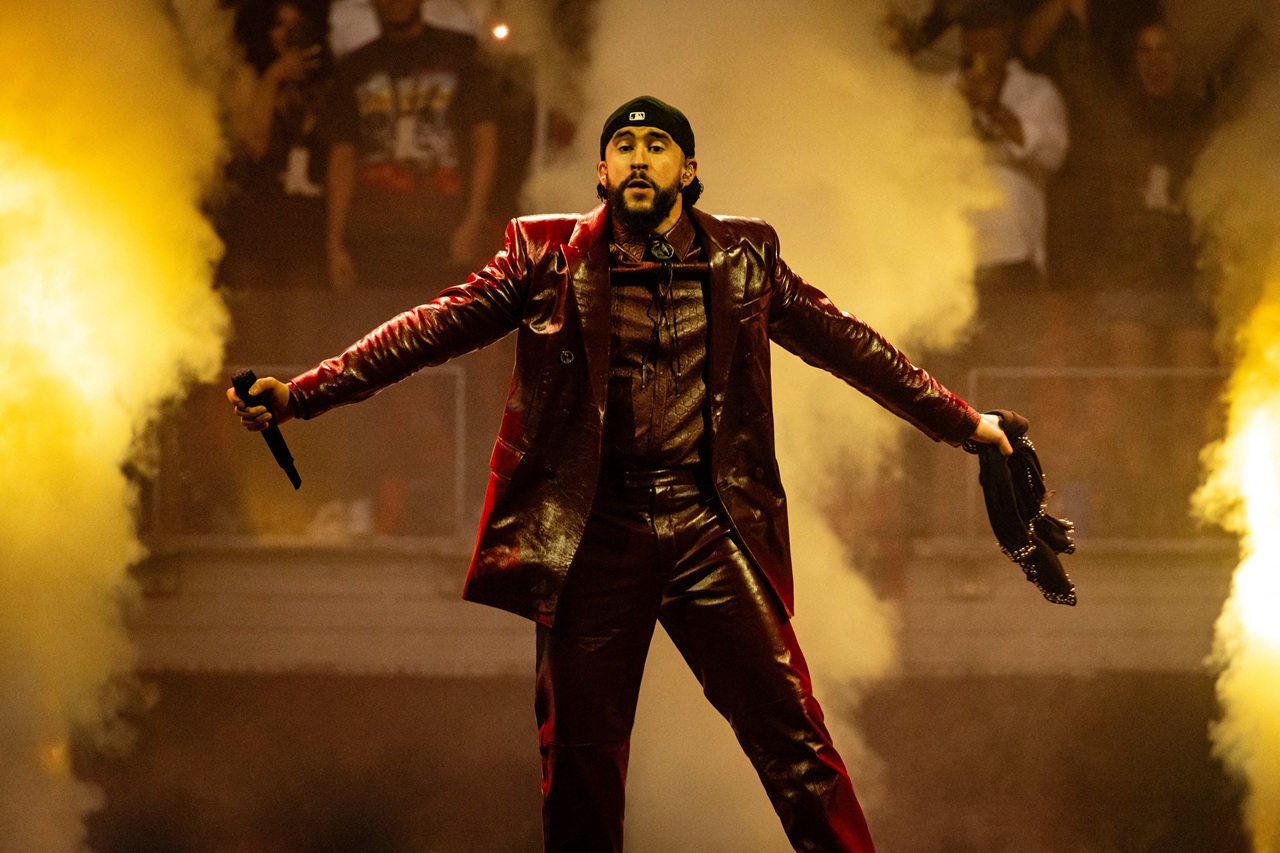

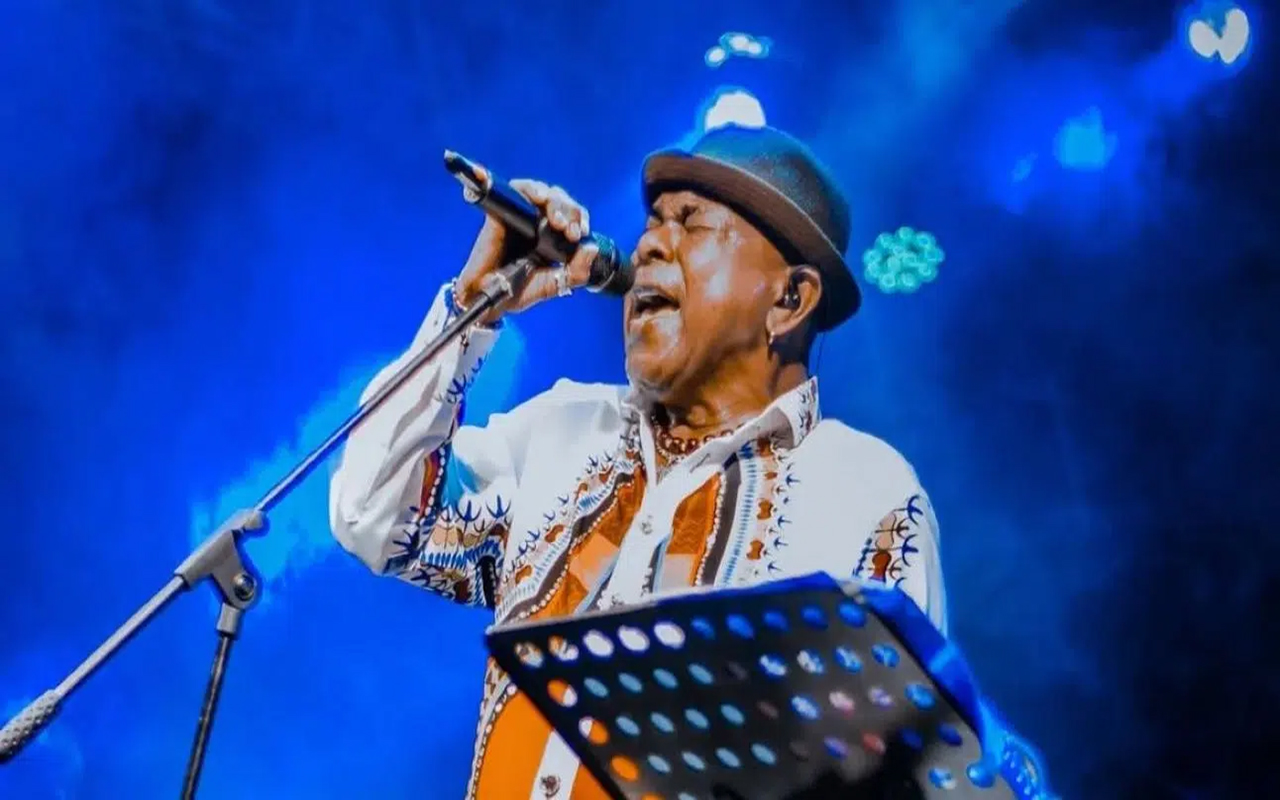
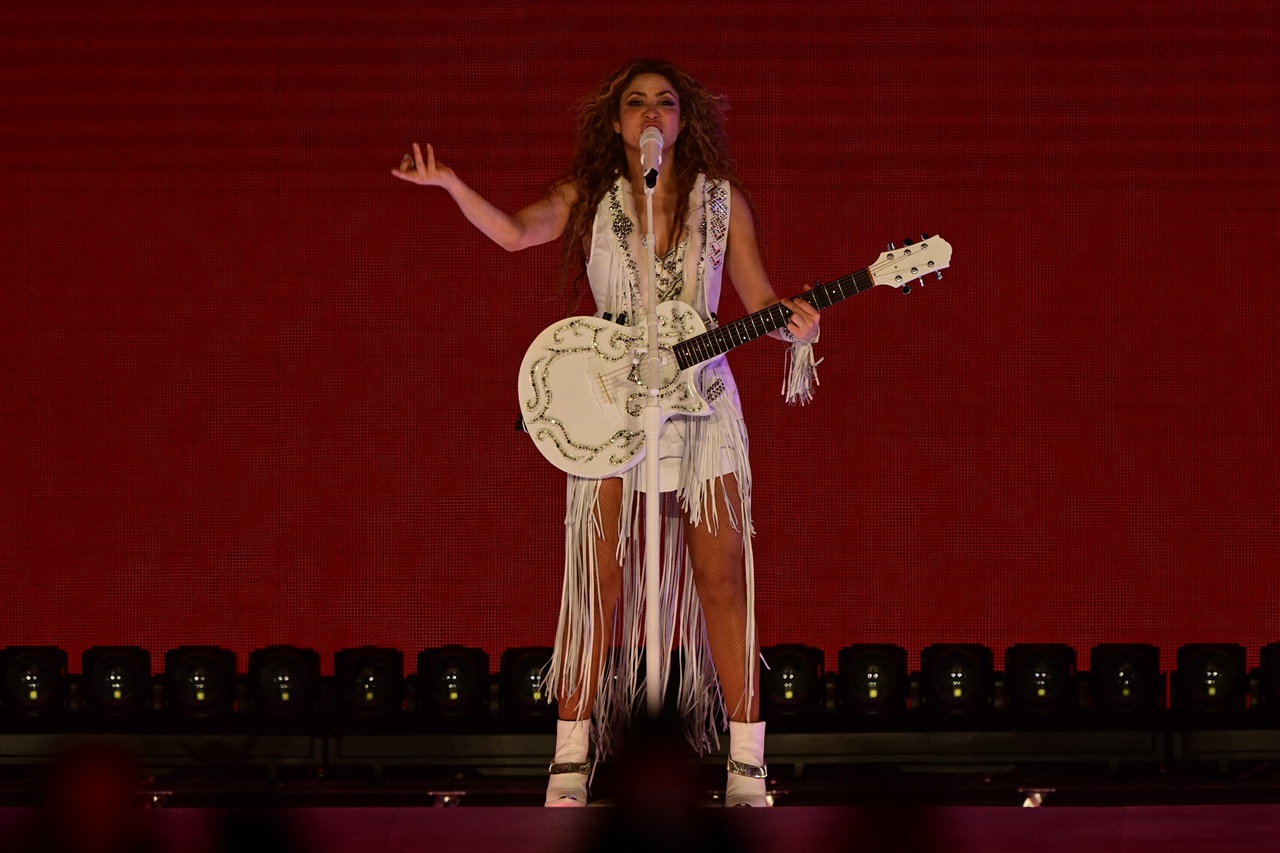
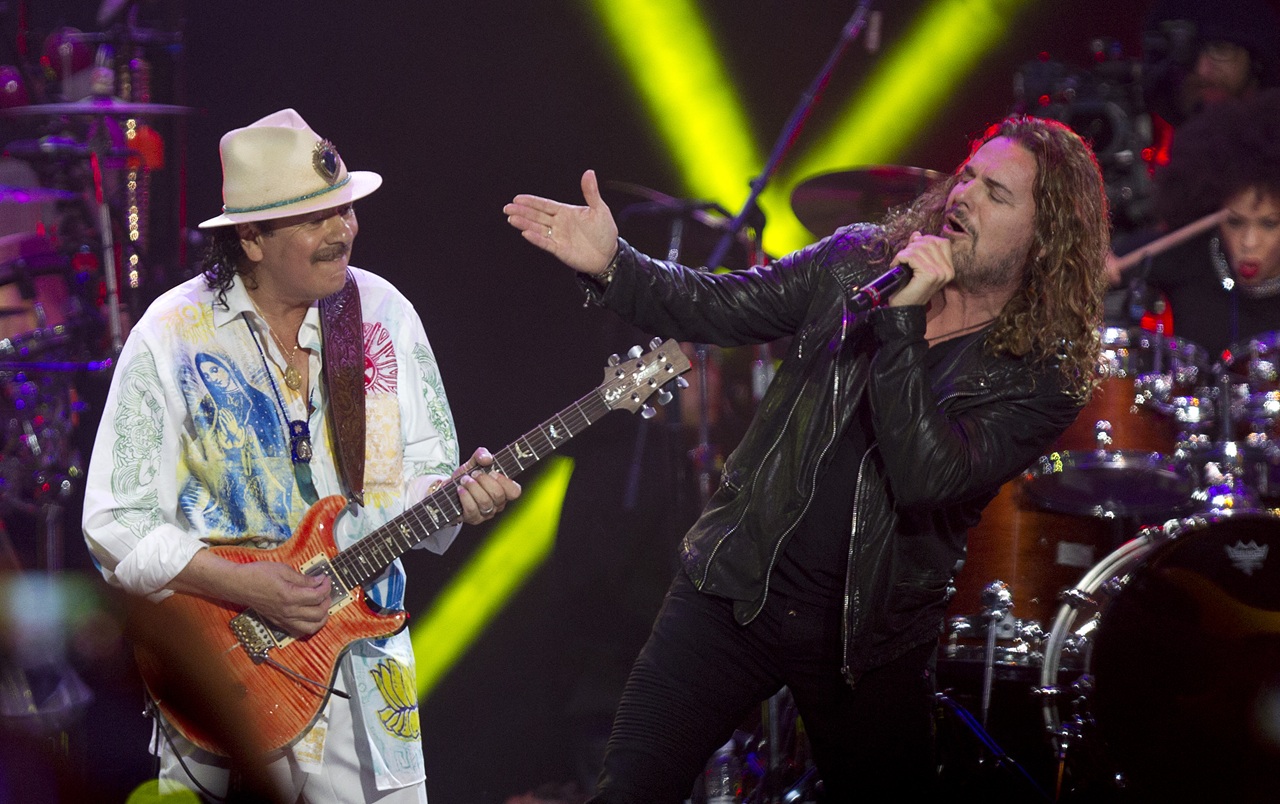

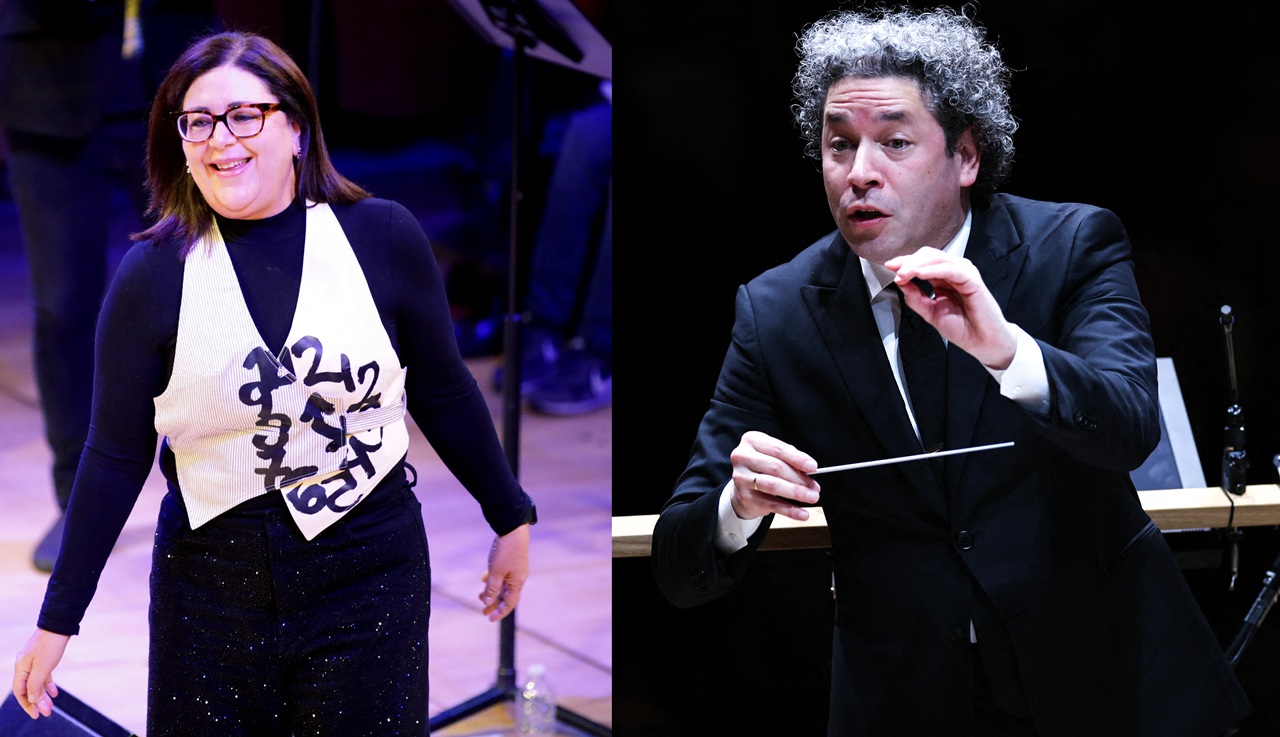

LEAVE A COMMENT: